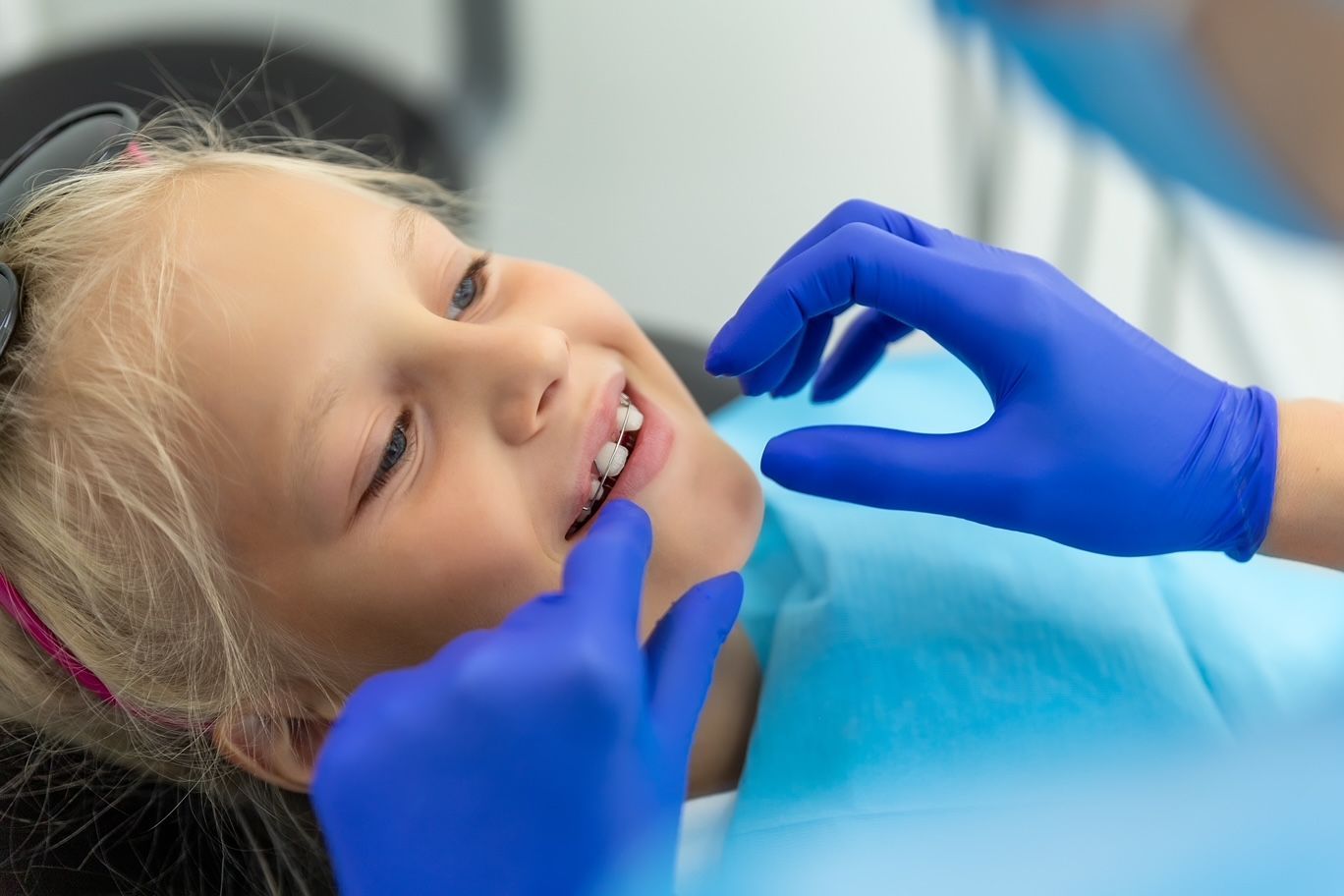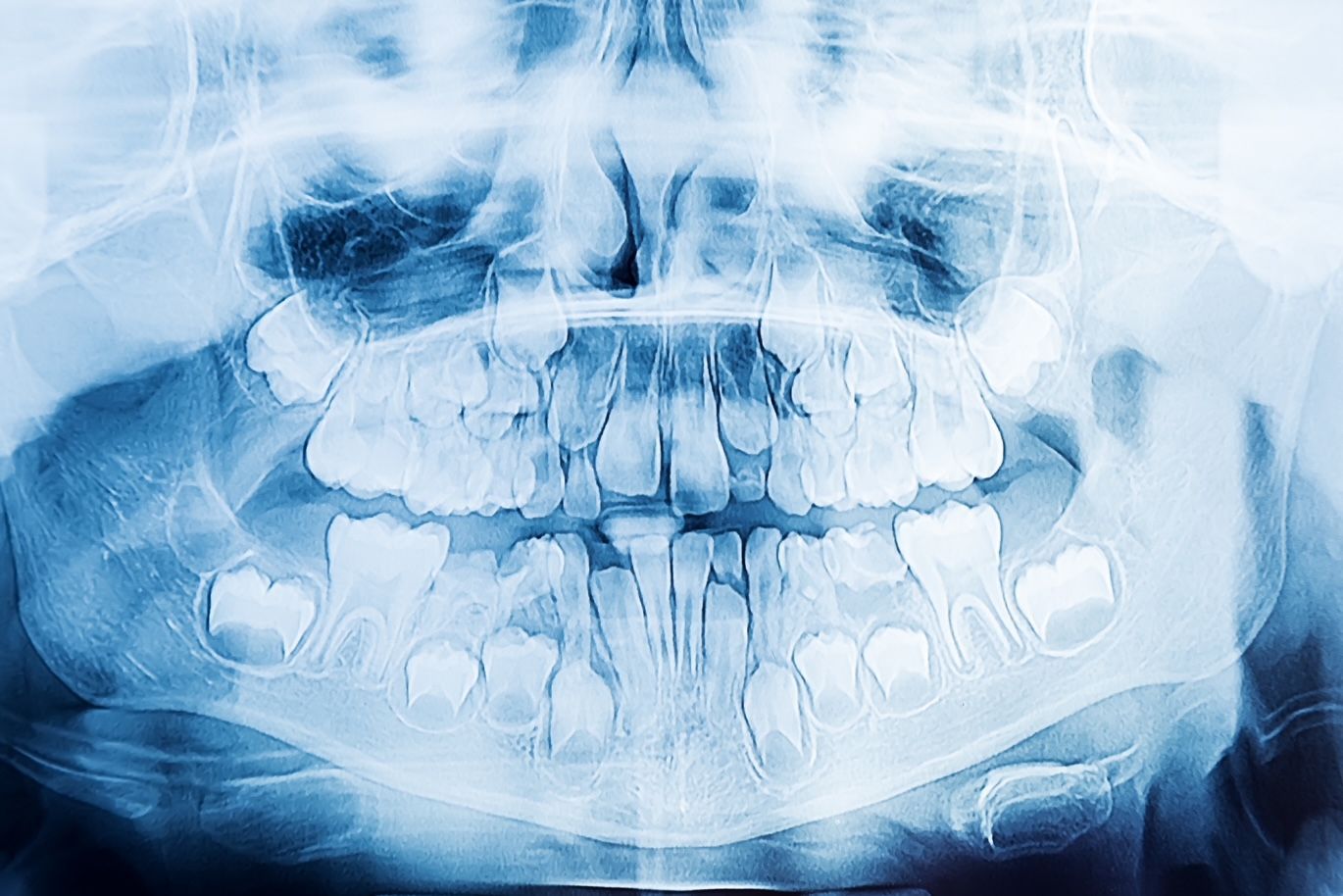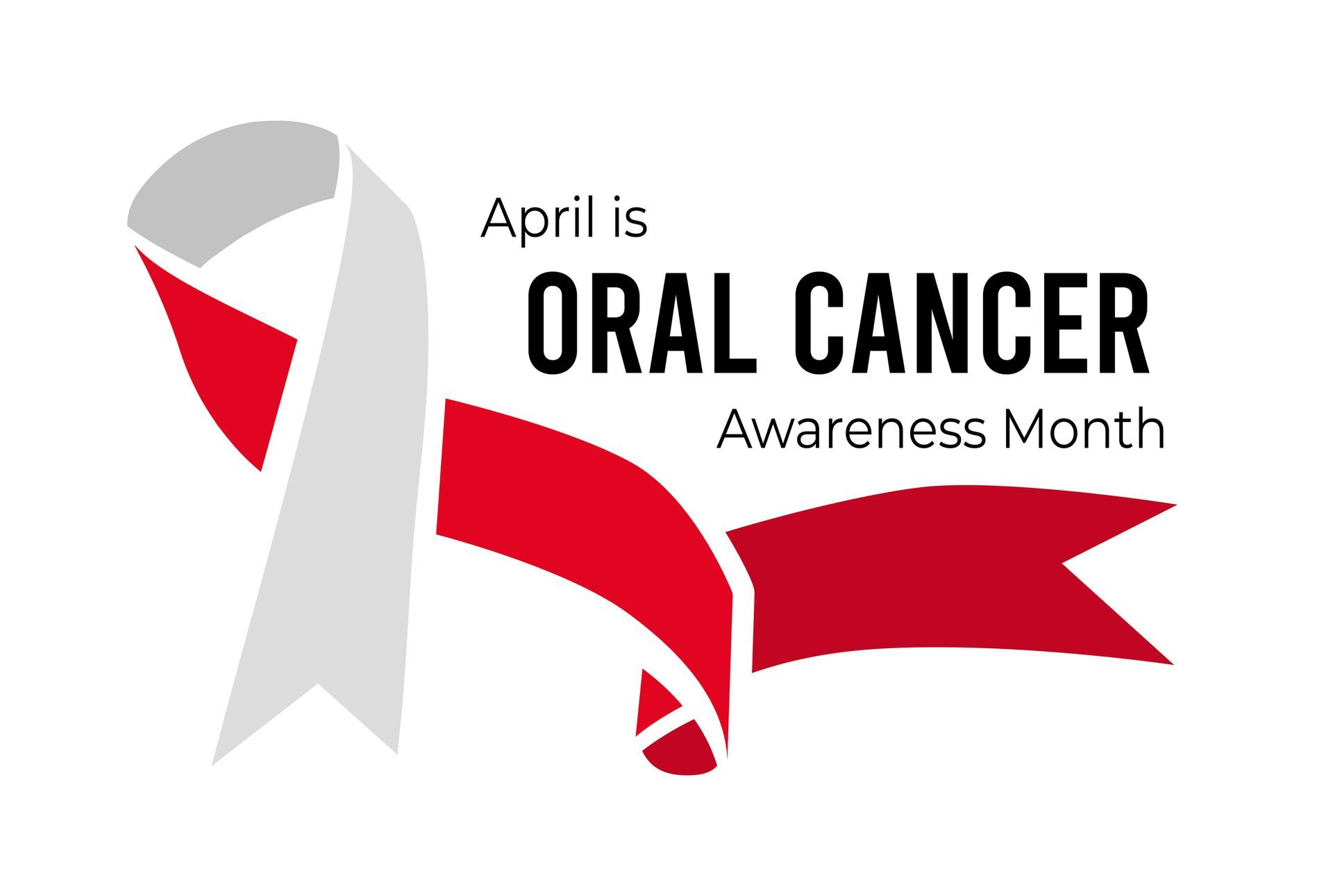Knowing the Right Time for Your Child’s Orthodontic Evaluation
Orthodontic evaluations are an essential part of ensuring the proper dental development and overall oral health of children. Understanding when to bring your child for an orthodontic assessment can help in identifying and addressing potential issues early on, thereby ensuring better outcomes.

The Ideal Age for First Evaluation
The American Association of Orthodontists recommends that children should have their first orthodontic evaluation by the age of 7. This age is ideal because most children have a mix of primary (baby) and permanent teeth by this time. Early evaluation allows orthodontists to detect and evaluate problems that may be easier to treat at a younger age, such as:
1. Crowding or Spacing Issues: Early detection of spacing problems, whether it’s overcrowded teeth or excessive gaps, can be crucial.
2. Bite Irregularities: Conditions like overbite, underbite, crossbite, or open bite are easier to correct when identified early.
3.
Jaw Growth Concerns:
Orthodontists can assess if the jaw is growing properly or if there are any alignment issues.

Signs That Your Child May Need an Orthodontic Evaluation Sooner
In some cases, your child might need an orthodontic evaluation before the age of 7. Be on the lookout for signs such as:
1. Early or Late Loss of Baby Teeth: Losing baby teeth too early or too late can indicate developmental issues.
2. Difficulty Chewing or Biting: This can be a sign of bite problems.
3. Breathing Through the Mouth: Chronic mouth breathing can affect the development of the facial bones and teeth.
4. Thumb Sucking After Age 5: Prolonged thumb sucking can lead to issues with tooth alignment and bite.
5. Crowded or Misplaced Teeth: Noticeable crowding or misalignment of teeth is a clear sign to see an orthodontist.
Benefits of Early Evaluation
An early orthodontic evaluation does not always lead to immediate treatment. In many cases, it’s about monitoring the child’s growth patterns to determine the ideal time for treatment. Benefits of early evaluation include:
1. Timely Identification of Problems: Early detection can prevent more severe problems later.
2. Less Invasive Treatments: Early interventions might be simpler and less invasive.
3. Guidance of Jaw Growth: Orthodontists can influence jaw growth in a positive direction.
4. Improved Oral Hygiene: Addressing crowding or spacing issues early can make it easier to maintain good oral hygiene.
Conclusion
While the recommended age for a first orthodontic evaluation is 7, parents should also be vigilant about their child’s dental development and seek advice if they notice any concerning signs. Early orthodontic assessments can play a critical role in a child’s oral health, potentially simplifying future treatments and ensuring a healthier smile. Remember, early intervention can be a key factor in the effective treatment of many orthodontic issues. Regular dental checkups complement these evaluations, contributing to the overall dental well-being of your child.




